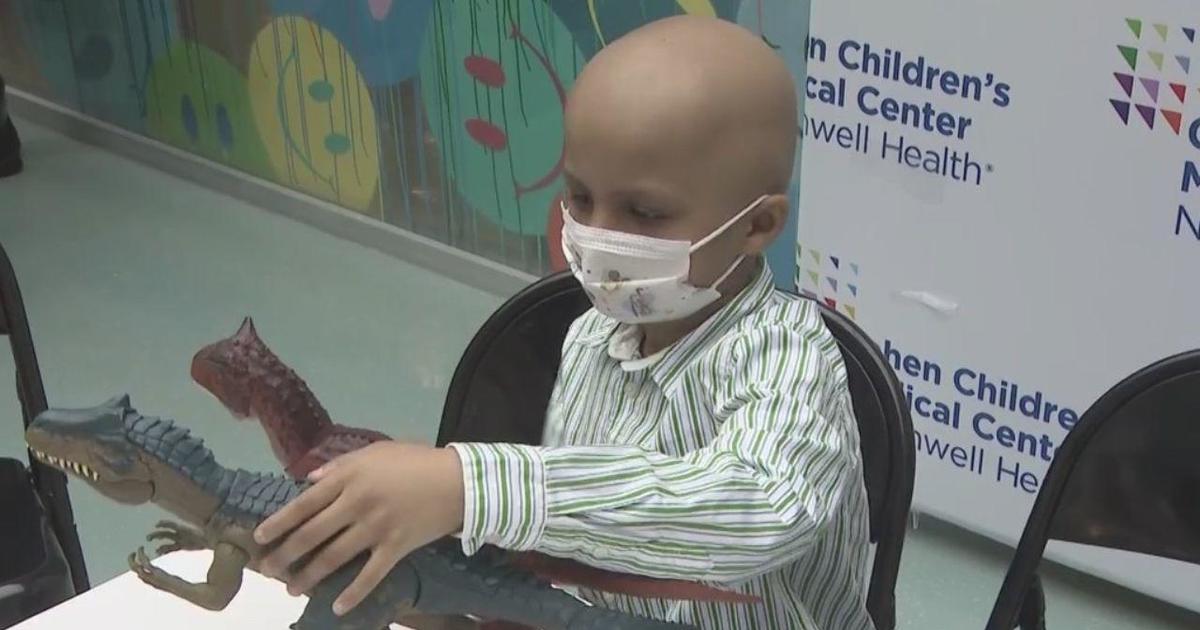Is Your Shower Harmful To Your Health?
NEW YORK (CBSNewYork) - You expect a hot shower to be potentially the cleanest place in your home, but it could be putting your health at risk.
Your bathroom may be breeding dangerous bacteria, and doctors say this "shower sickness" known as nontuberculous mycobacteria - or "NTM" - starts when you turn on the water.
Katie Keating didn't understand what was happening to her. She was out of breath, had a constant cough, and was rapidly losing weight.
"You don't have the strength to do anything," Keating said. "Initially I thought the cough was just bronchitis."
Keating went to doctor after doctor, but her symptoms only got worse, and nobody knew what was wrong.
Finally Keating learned she had NTM, and was stunned to learn she likely got it from her shower.
"They are small bacteria, they cause disease in humans," said Dr. Joe Falkinham, a professor of biological sciences at Virginia Tech. "Pulmonary disease."
You don't just contract this illness from the shower - it can come from any water.
"Humans are surrounded by these organisms," Falkinham said.
As household water became cleaner, most bacteria were killed off. But NTM bacteria are extremely resilient and now more and more people are becoming sick as the bacteria silently destroys lung tissue.
"We've created a better environment for these organisms," Falkinham said. Typical symptoms include weakness, persistent cough and night sweats, Falkinham said.
"We've had 400 patients, 400 different patients with [NTM]," said pulmonologist Dr. David Kamelhar. However, most healthy people are not susceptible to the bacteria, Kamelhar said. Oddly, women are more at risk, as are those with a history of lung and bronchial problems. The elderly and people with compromised immune systems are also more at risk.
Dr. Falkinham said simply taking off any shower head will reveal the source of some of the trouble.
For Keating, life has changed dramatically - no more showers and she only drinks bottled water, but at least she's feeling better.
"The treatment is long," Kamelhar said, adding that it involves three antibiotics.
Make sure to check out the following links for more information and specialists.
For recommended household changes, click here.



